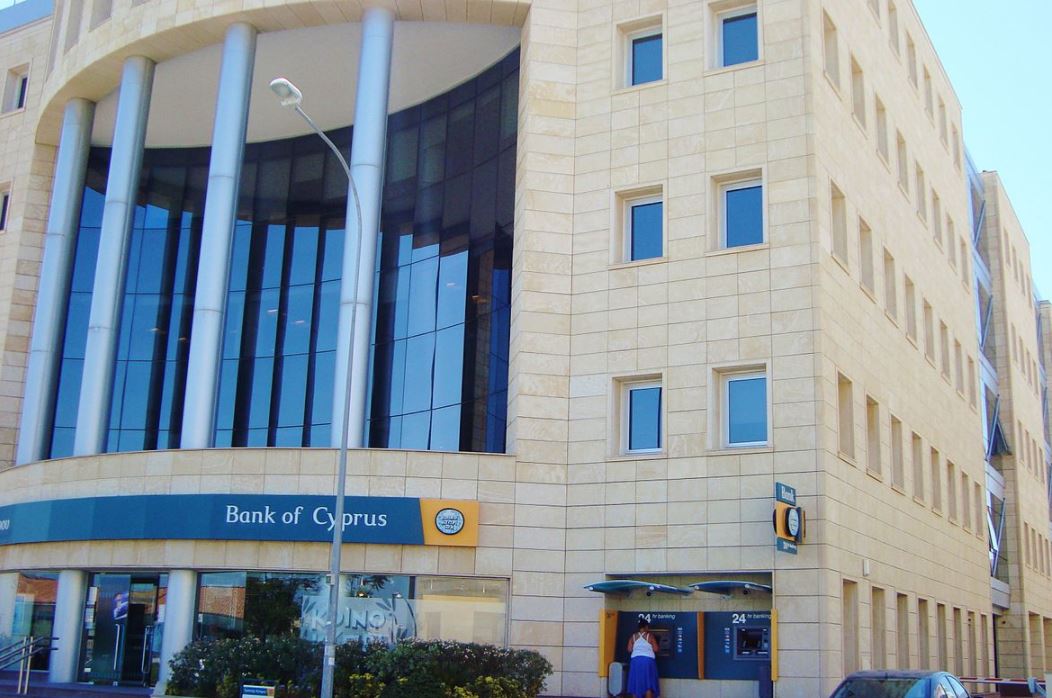The Central Bank of Cyprus (CBC) said on Saturday that all necessary precautionary measures have been taken to minimise any impact of the war in Ukraine on the Cypriot financial system.
It added that the analysis of the potential impact and any possible risks is continuous.
CBC was replying to a question of the Cyprus News Agency about the extent of exposure of the Cypriot financial system to Russia and Ukraine respectively.
The CBC in cooperation with the European Central Bank (ECB) is closely monitoring developments in Ukraine and any implications of what is happening, but also of the sanctions that have been imposed or are going to be imposed, the office of CBC Governor Constantinos Herodotou said.
“The CBC and the ECB have taken timely and precautionary measures to ensure that any impact, including the extent of the banks’ exposure to Russia, is limited,” it added.
At the same time, the CBC said that due to the efforts of recent years, the Cyprus banking sector now has an increased capacity to absorb any shocks.
It also said the Cypriot banking sector is now among the most robust in Europe in terms of liquidity levels with the coverage ratio reaching 345 per cent in January 2022, a level that is almost twice the European average (174 per cent) and more than three times its minimum supervisory requirement of 100 per cent.
In addition, the deposit base of the Cypriot banking sector in January 2022 amounted to €51.3 billion, one of the highest levels observed since 2014, with the share of domestic residents’ deposits reaching 82 per cent, which strengthens significantly the stability of the sector.
Cyprus’ systemically important banks, it said, are under the direct supervision of the ECB.
“Due to the rapid developments, the analysis of the potential impact and potential risks (cyber security risks, weakening economic environment, impact on energy prices, etc.) is ongoing, so that any measures can be reconsidered,” the CBC said.
Meanwhile Cypriot banks have said that the sanctions so far do not pose any particular problem.






Click here to change your cookie preferences